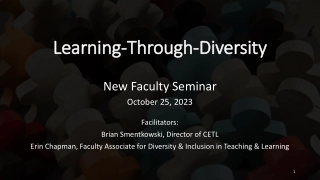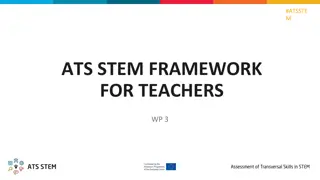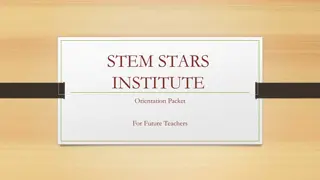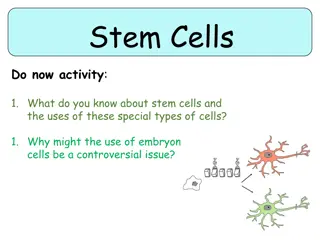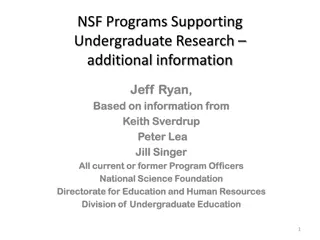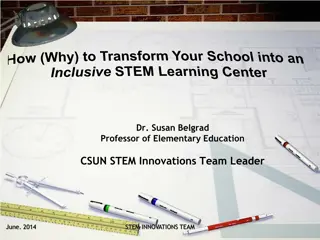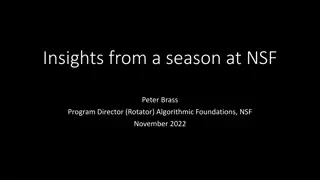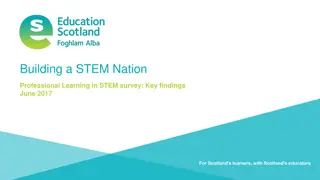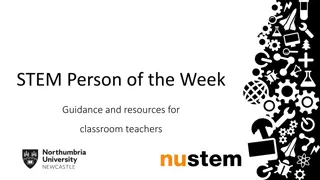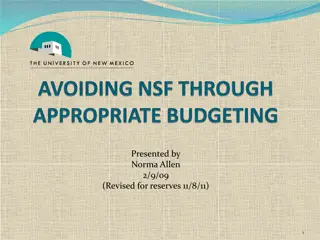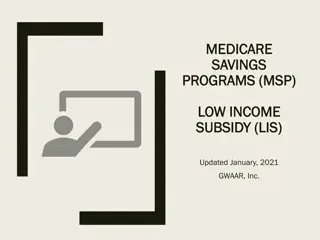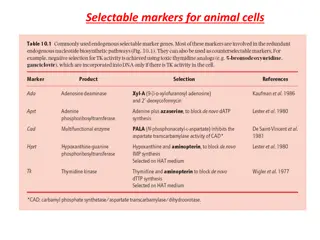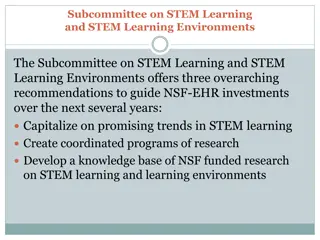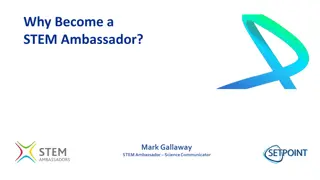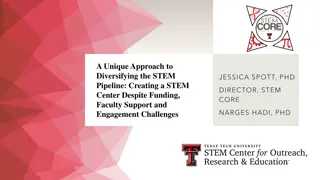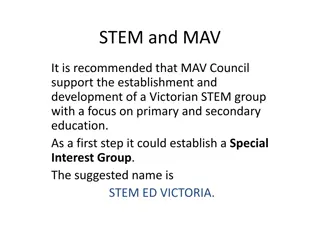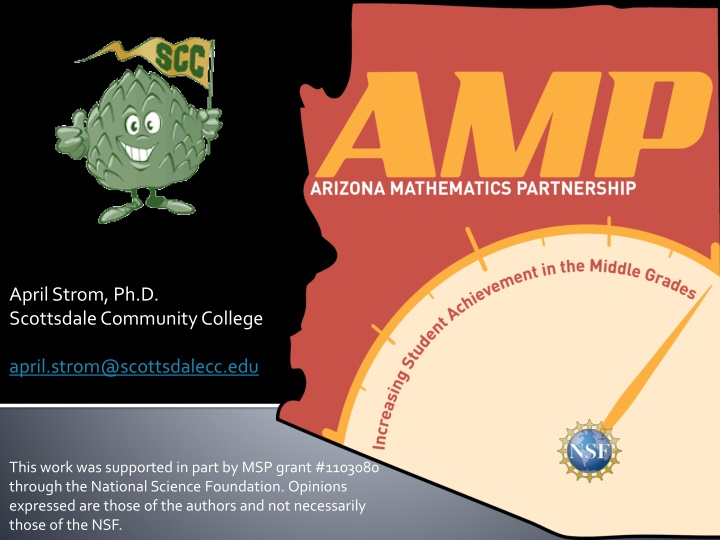
Transforming Education Through Institutional Change and Sustainability
Explore the collaborative efforts in the education sector spearheaded by April Strom, Ph.D., at Scottsdale Community College, supported by MSP grant #1103080 from the National Science Foundation. Discover key features like partnership-driven initiatives, teacher quality enhancement, and evidence-based outcomes, aiming for institutional change and sustainability across different educational partners.
Download Presentation

Please find below an Image/Link to download the presentation.
The content on the website is provided AS IS for your information and personal use only. It may not be sold, licensed, or shared on other websites without obtaining consent from the author. If you encounter any issues during the download, it is possible that the publisher has removed the file from their server.
You are allowed to download the files provided on this website for personal or commercial use, subject to the condition that they are used lawfully. All files are the property of their respective owners.
The content on the website is provided AS IS for your information and personal use only. It may not be sold, licensed, or shared on other websites without obtaining consent from the author.
E N D
Presentation Transcript
April Strom, Ph.D. Scottsdale Community College april.strom@scottsdalecc.edu This work was supported in part by MSP grant #1103080 through the National Science Foundation. Opinions expressed are those of the authors and not necessarily those of the NSF.
Key Features: 1. Partnership-driven 1. Teacher quality, quantity, & diversity 1. Challenging courses & curricula 1. Evidence-based outcomes 2. Institutional change & sustainability
Institutional Change and Sustainability Identifiable institutional change that will result from the work for each Core Partner, which will contribute to sustainability of project goals; It is likely that changes in policy, practices, and programs will vary for different Core Partners
Targeted MSP 5-year, $8.7M Middle School Math PD Math Ed Research Partners 3 community colleges 7 school districts RMC Research Arizona State Univ
NSF Project Staff Parents
When the AMP project is completed, what elements of the project would be evident to a site visitor? Developed factors centered around Culture of the school and classroom Teaching/curriculum focused on building students web of well- connected mathematics ideas Support for teachers continuous improvement Early evidence from principals and teachers
Focus on In-Service Teachers Participation in CCOLs* & Instructional Rounds Development of teacher-leaders Administrators engaging in cultural change through Instructional Rounds and other activities Embracing belief in teachers need to learn Openness to making teaching a public endeavor and building collaborative teaching teams among college faculty and middle school teachers *CCOL: Collaborative Community of Learners
Focus on Community College Faculty Pre-Service Teacher Preparation Classroom Observations with AMP Teachers Service Learning Project Trained Community College PD Faculty Community College Faculty Renewal
April Strom, Ph.D. Scottsdale Community College april.strom@scottsdalecc.edu This work was supported in part by MSP grant #1103080 through the National Science Foundation. Opinions expressed are those of the authors and not necessarily those of the NSF.

